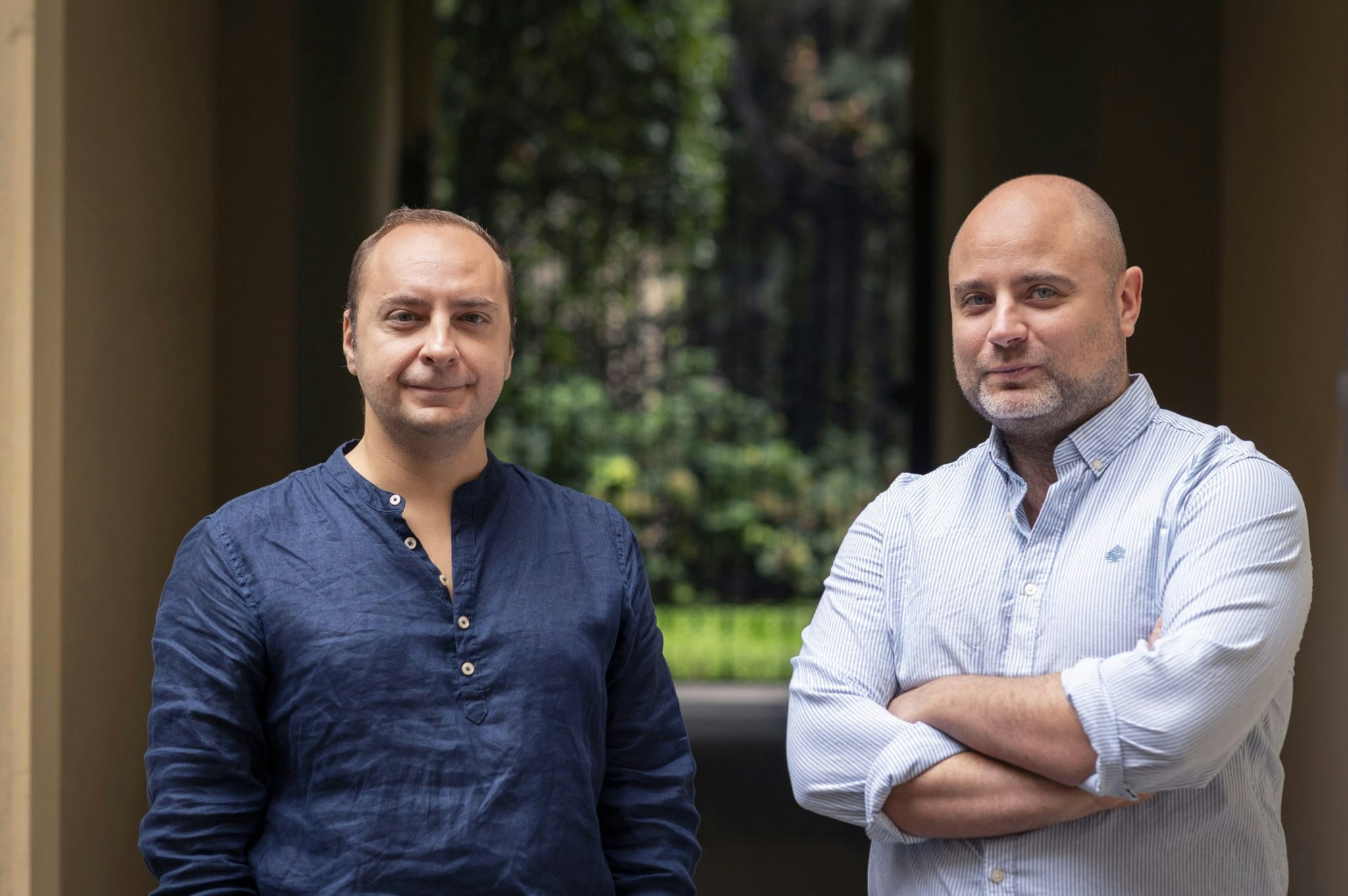Last year, a record number of companies went public via SPACs, also known as special-purpose acquisition vehicles.
This IPO alternative — in which a private company goes public by merging with a listed shell company — became a symbol of tech’s heady days. Now the hangover has set in; European tech darlings Babylon and Cazoo are down 95% and 97% respectively after their SPACs last year.
But don’t count SPACs out quite yet.
The disappointments in the SPAC market will give rise to more disciplined buyers seeking out less risky technology companies generating real revenue, insiders say. And if VC funding remains hard to come by, it could be another attractive avenue for founders looking to raise capital.
“The post-trading performance of some SPACs will likely have left some founders sceptical of the advantage, but I do think it’s still an important source of financing they can’t rule out given there are slowdowns in other forms of financing,” says Olivier Plessis, counsel at Clifford Chance.
It’s still an important source of financing [founders] can’t rule out given there are slowdowns in other forms of financing
Guy Potel, partner at law firm White & Case, says that though there is still appetite, future activity will depend on redemption levels — the percentage of investors who choose to pull their money out of the deal as cash — stabilising.
Between January and July 2021, the average monthly redemption rate for SPACs ranged from 7% to 43%. In contrast, average redemption rates were 43% to 67% between July and November 2021, and have risen to more than 81% this year, according to figures from Deal Point Data.
European SPACs still looking for targets
For now, there is only one announced upcoming SPAC transaction involving a European tech company — France’s Biolog-id. The deal values the company at roughly $300m.
But there are still European SPACs looking for targets, including DEE Tech, Pegasus Europe and Hedosophia European Growth. DEE Tech was the first SPAC listed in France, raising €165m in June 2021. The SPAC sponsors — the team that set up and runs the SPAC — put up €45m of that amount, something that the team insists should reassure potential investors.
DEE Tech CEO Marc Menasé says there is now less competition from other dealmakers in the current environment.
A loss-making company in tech going public doesn’t make sense. It was the case in mid-July 2021, but today it’s not the case
“[That means] we have more time to speak and create a relationship with founders, be a little bit pickier,” he says. “We are still on the road, but I have to say it’s really active in terms of research.”
He adds that DEE Tech never had the ambition to merge with a loss-making company — like many of the tech companies that went public via SPAC in 2020 and 2021.
“A loss-making company in tech going public doesn’t make sense. It was the case in mid-July 2021, but today it’s not the case. Today, everyone is lending on more reasonable valuations.”
PIPE and the future of SPACs
SPAC sponsors are starting to lean more into the private investment in public equity (PIPE) market, Potel says, although that can also be challenging in the current environment.
These investments happen when a private investor, like a hedge fund or private equity fund, buys shares directly from a publicly-listed company below market price. SPACs can also raise capital this way.
“The PIPE market is not as prolific as it was, that’s the same as the issues in the venture market. Finding people willing to deploy cash into pre-revenue tech companies is challenging. The market is less liquid and less forthcoming. Higher [interest] rates also have an impact on that,” Potel says.
The PIPE market has been shifting as well, with entities looking to raise capital through this kind of deal not just offering equity but also debt or convertible instruments.
Potel believes there will be SPAC sponsors that will have to return cash and wind up as they will be unable to find suitable targets. Globally, more than 80% of the approximately 480 SPACs currently seeking targets face expiration by mid-2023, according to EY. More than 60 SPACs have been liquidated in 2022.
But those that succeed will be at more realistic prices — and with prospects that have a better chance of outperforming — as they will be put more under the microscope.
“There is a lot more rigour to the processes making sure valuations are justifiable, because the market is demanding that. Hopefully, those that do get away will be more disciplined and have higher prospects of being successful,” Potel says.


